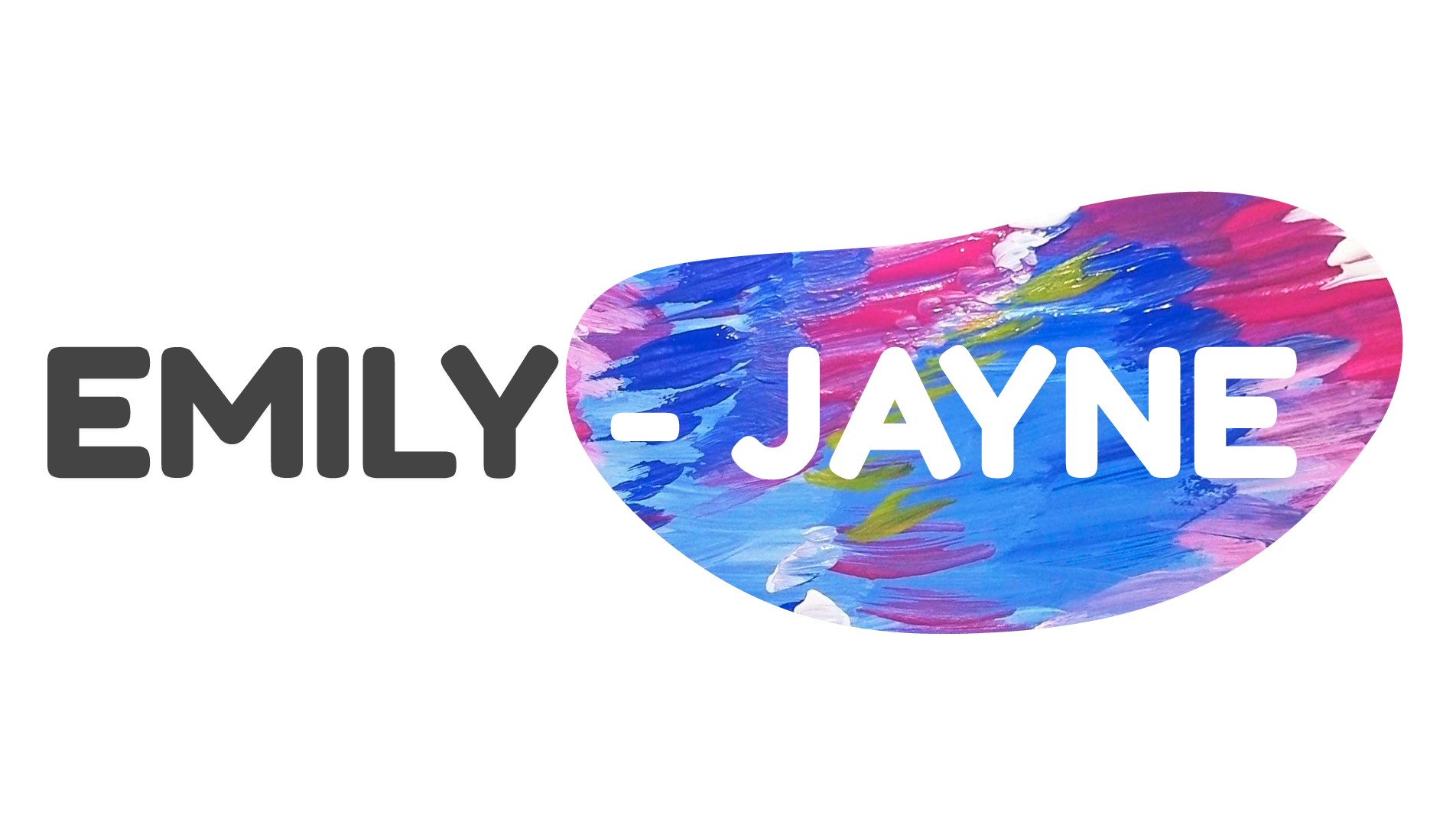Simple Sex(ED) looks at co-design methodologies under the lens of young people's sexual health education. This design outcome was in response to a current gap in relevant and transferable educational resources covering young people’s sexual health and relationships. Above is the presentation of this study at the QUT Masters of Philosophy Symposium.
In response, a pilot workshop, accompanied by two co-design workshops was conducted with young people between the ages of 17 - 26 years old. Data collected from workshops were used to co-design an educational resource, aimed to effectively engage young people with topics surrounding sexual health (below is a brief summary of this process).
A brief overview of the design process.
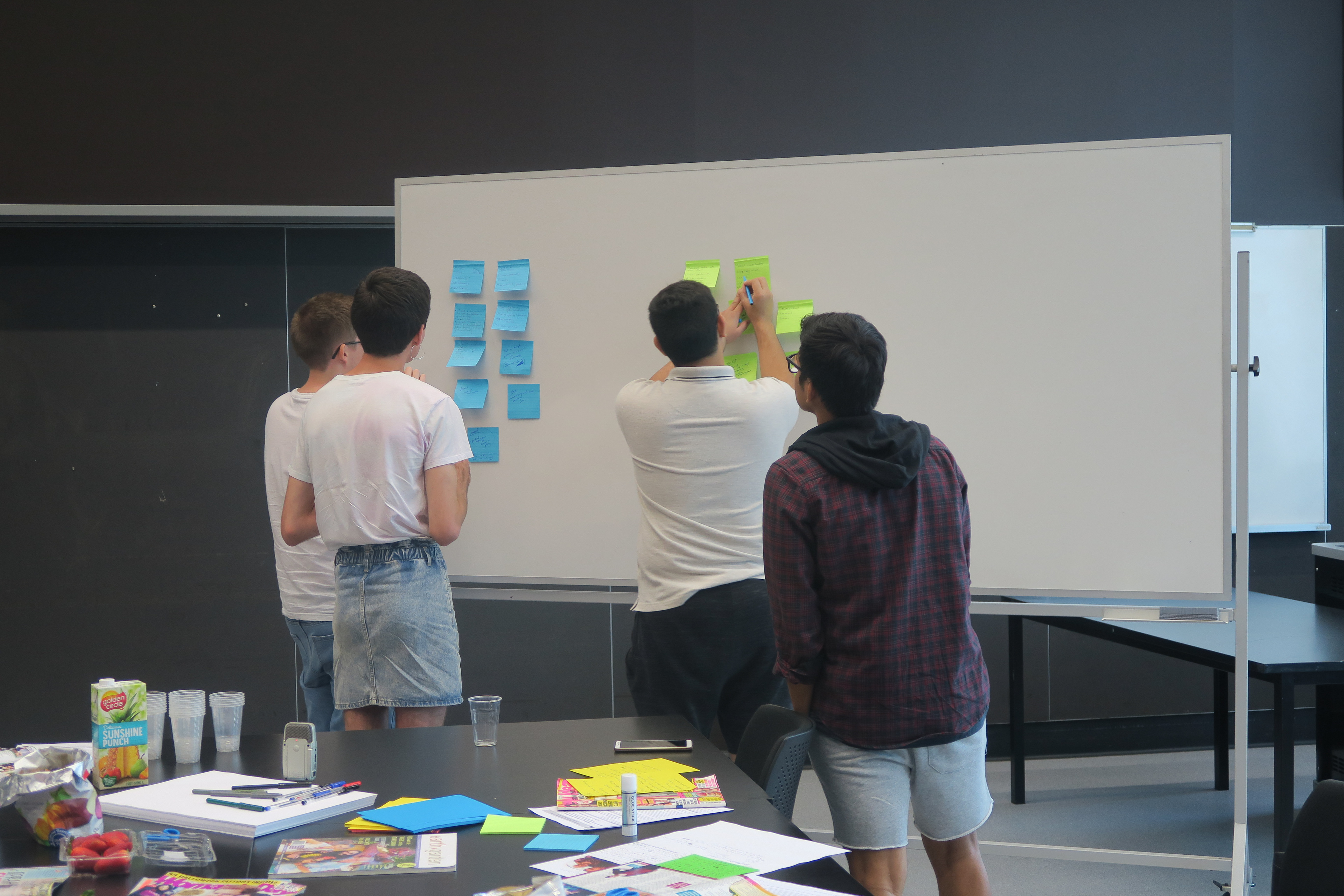
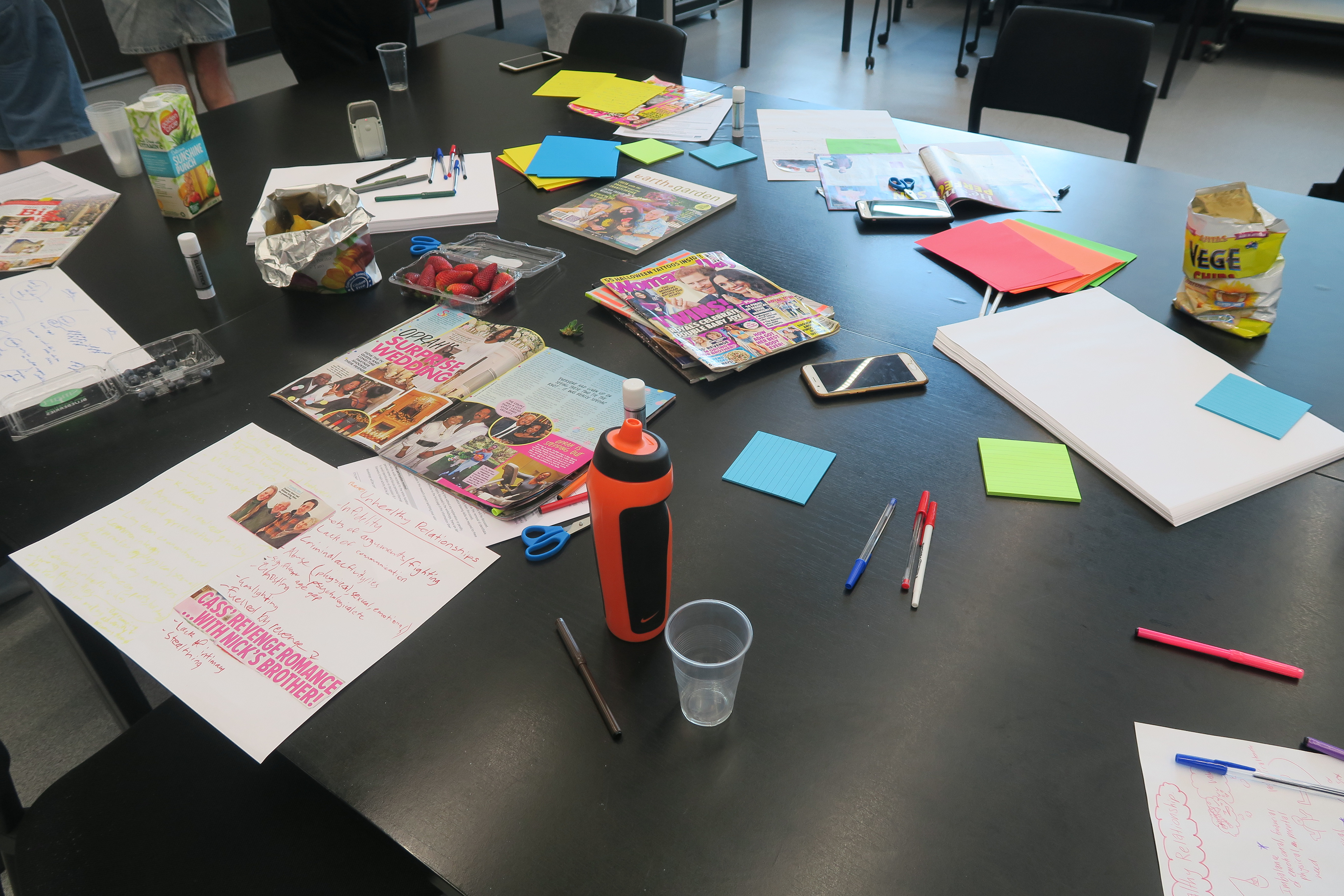
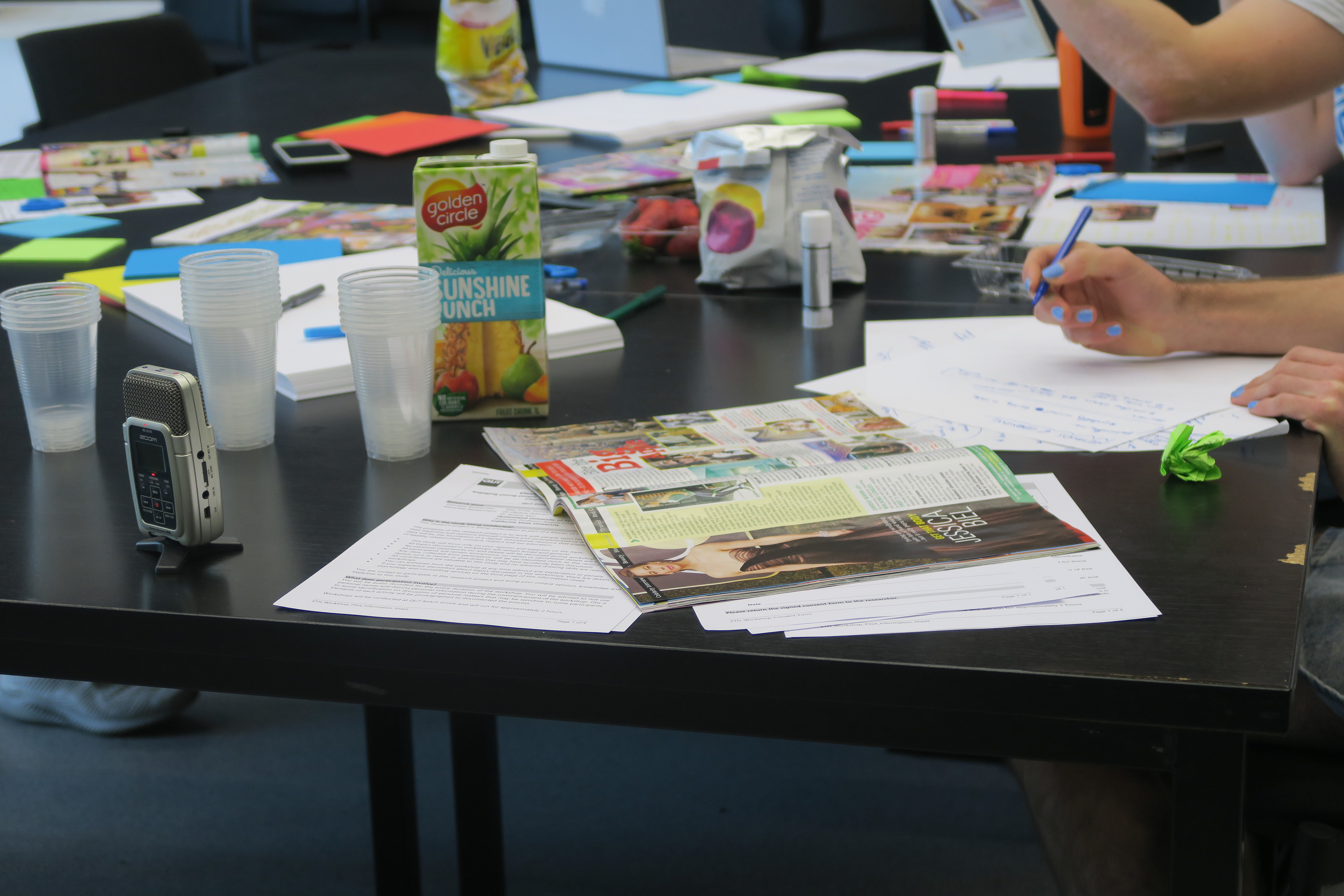
Images from the Pilot workshop, testing co-design methods and analysing the types of data they produce.
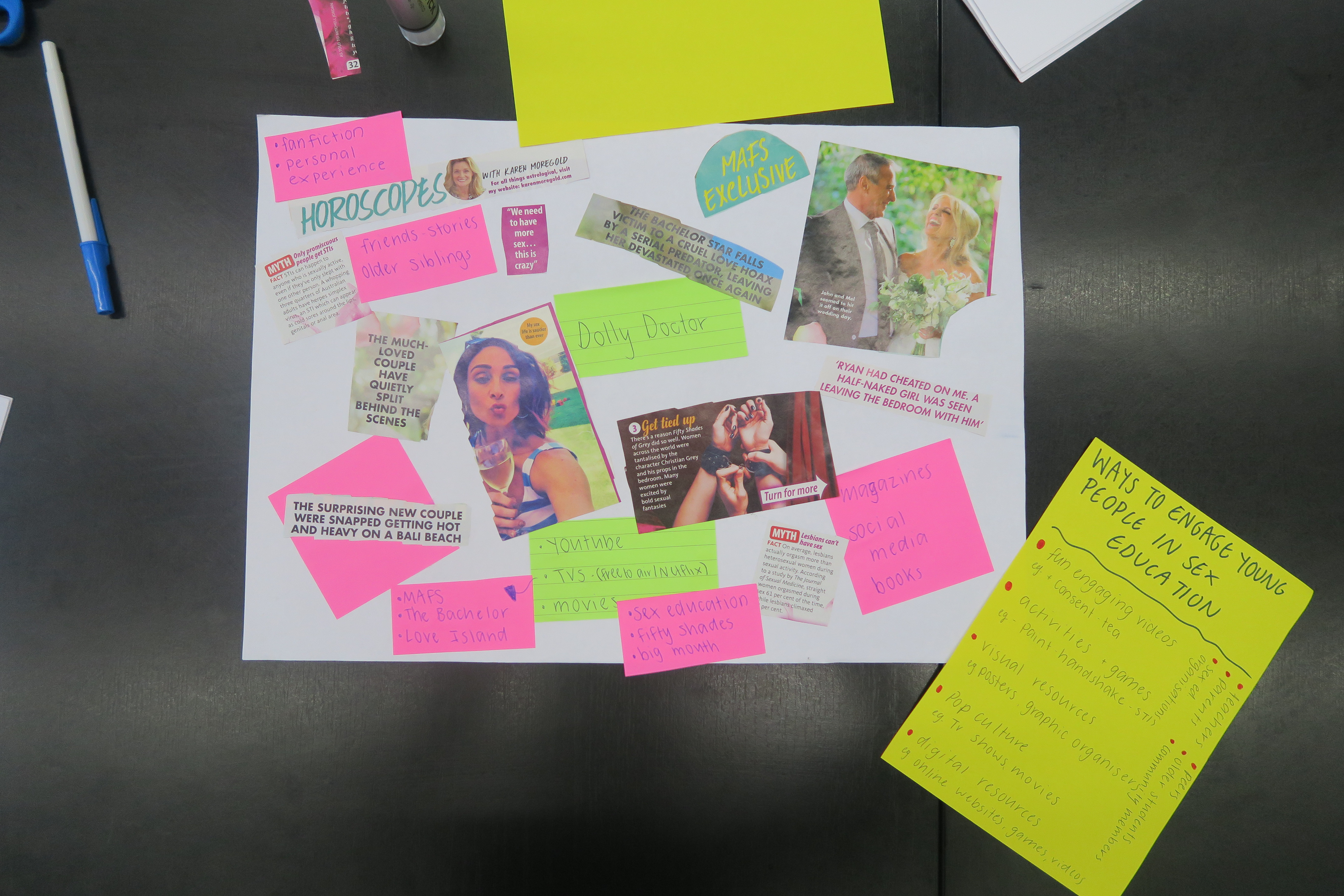
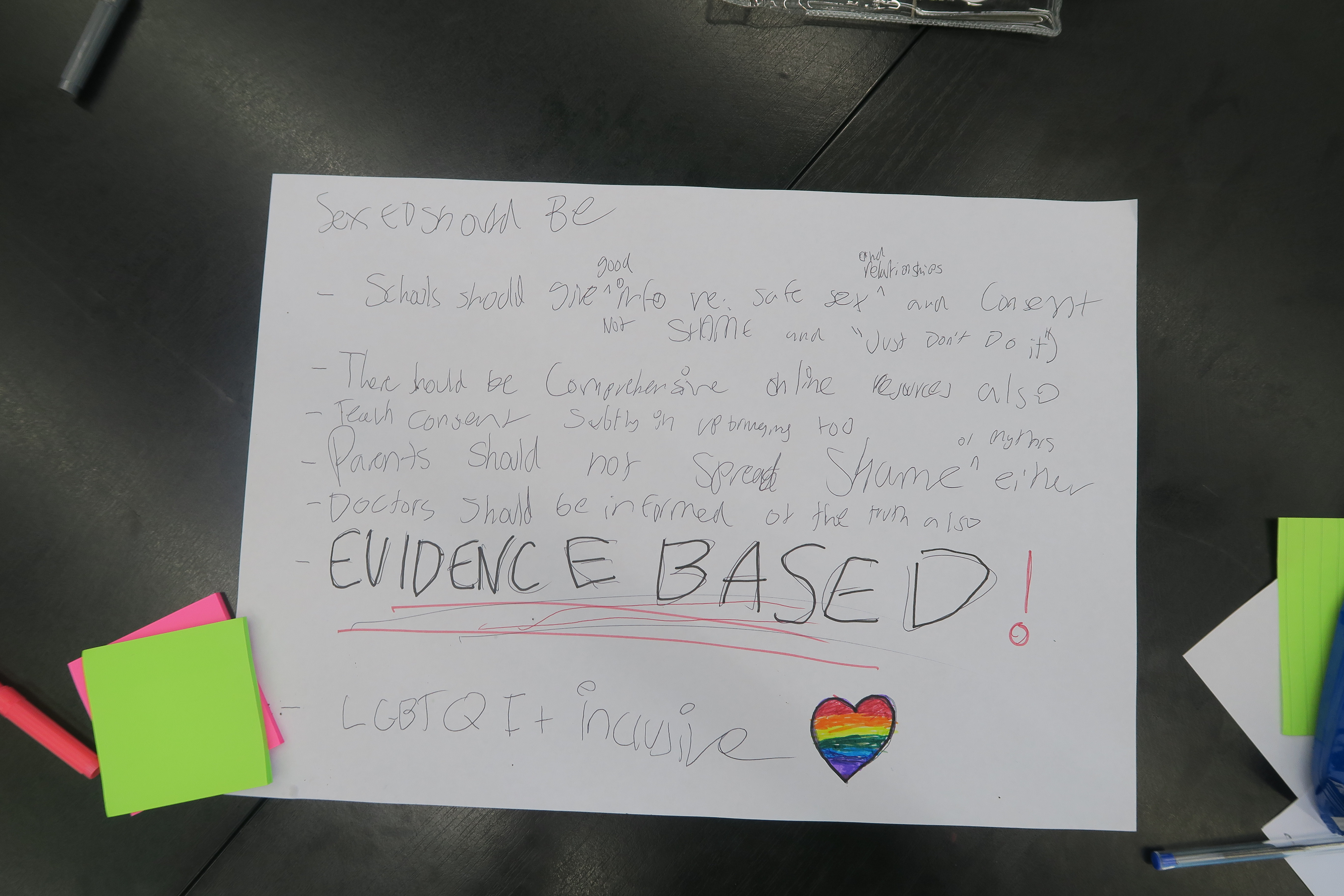
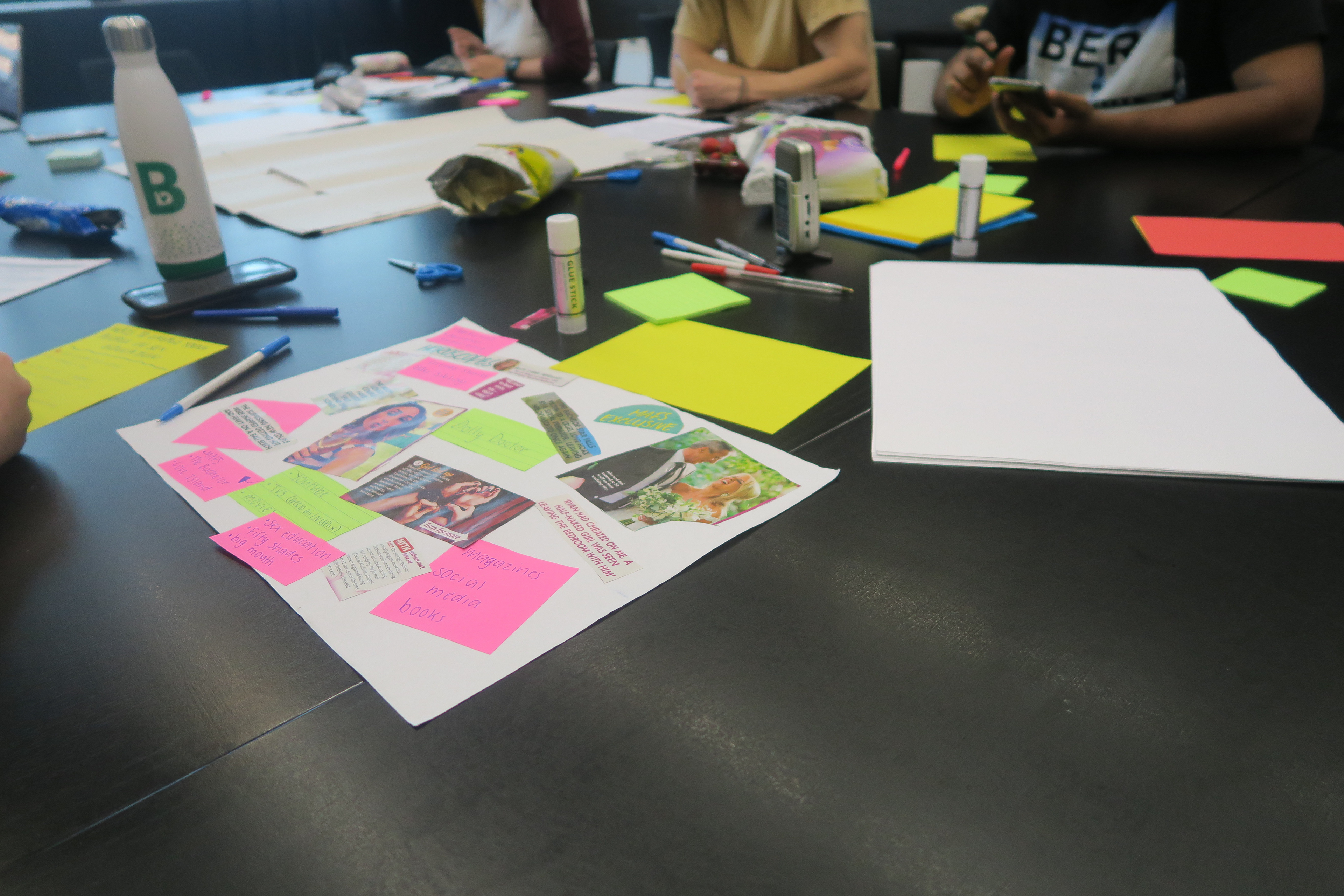
Images from Workshop One, identify key themes of effective/ ineffective sexual health educational resources, participants' experiences regarding educational resources, and defining the term sexual health. From data collected from Workshop One, three initial educational concepts (below) were created.
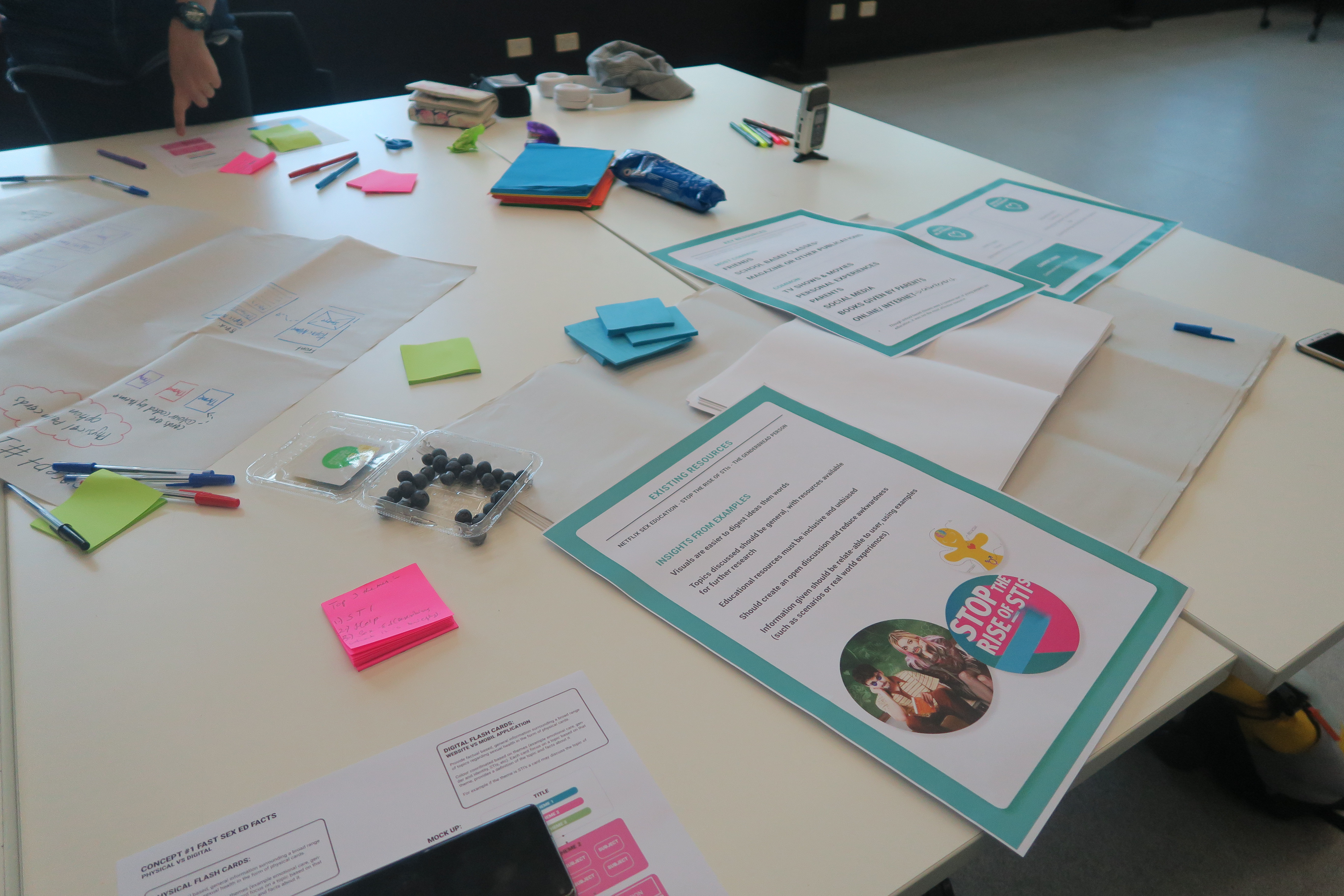
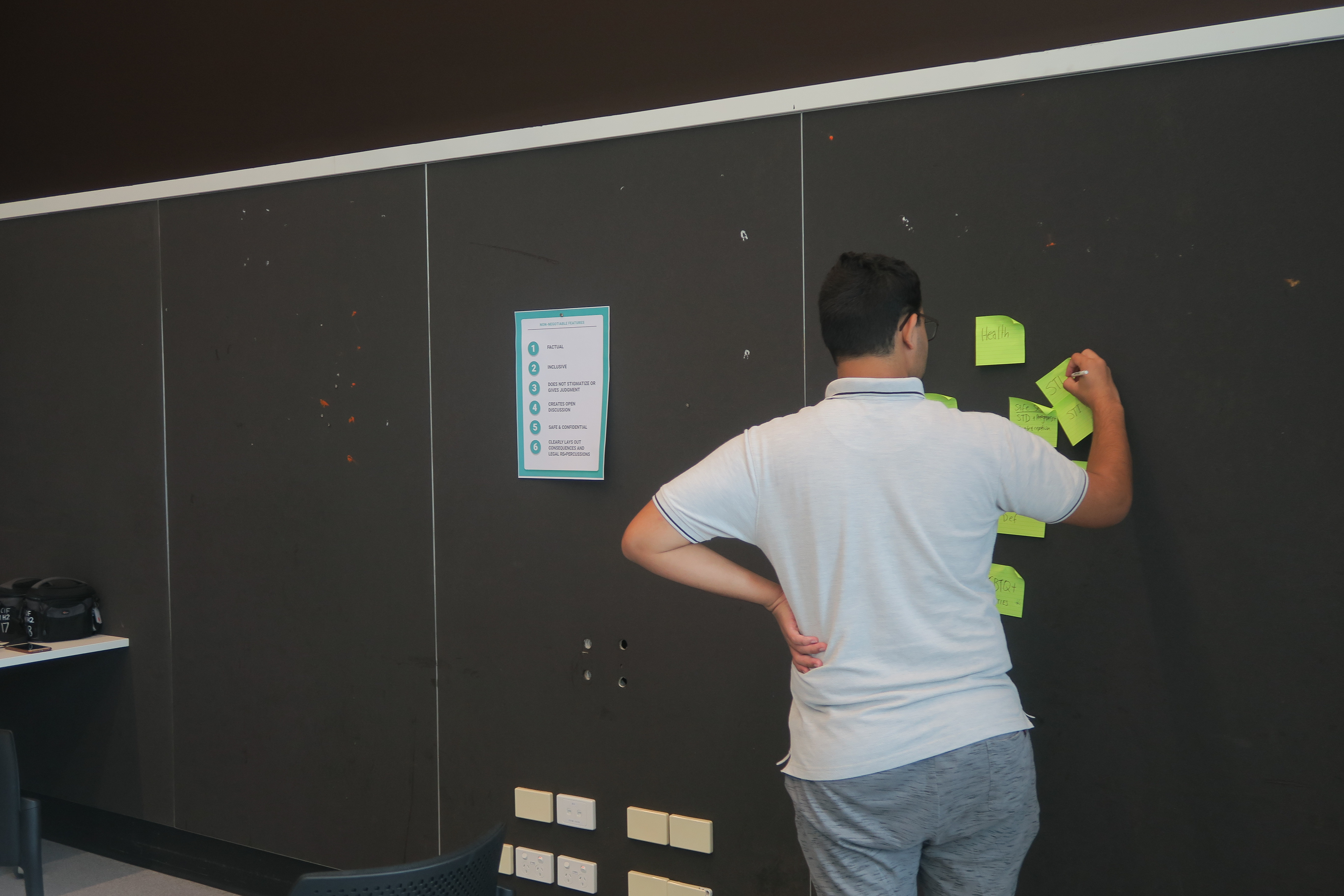
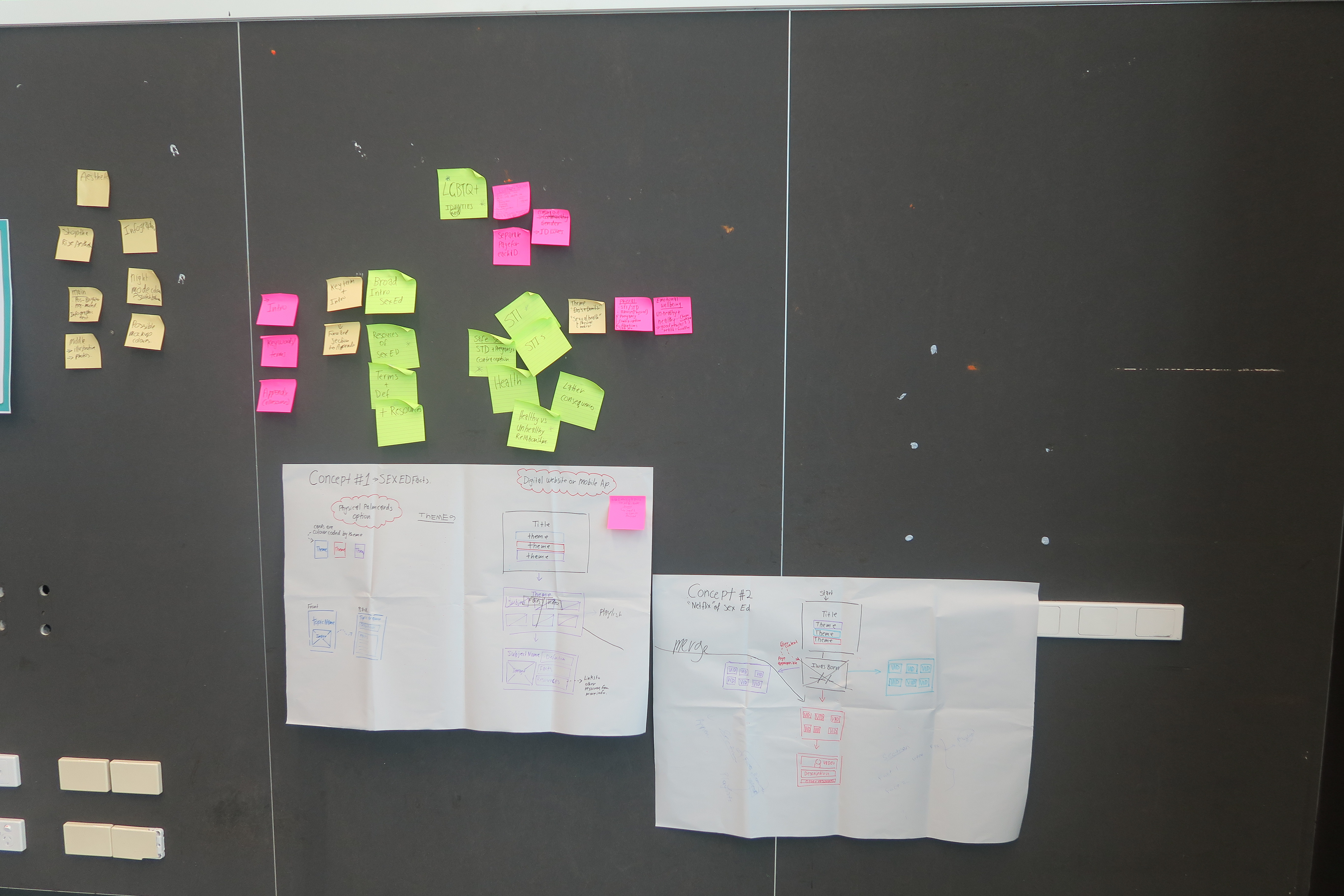
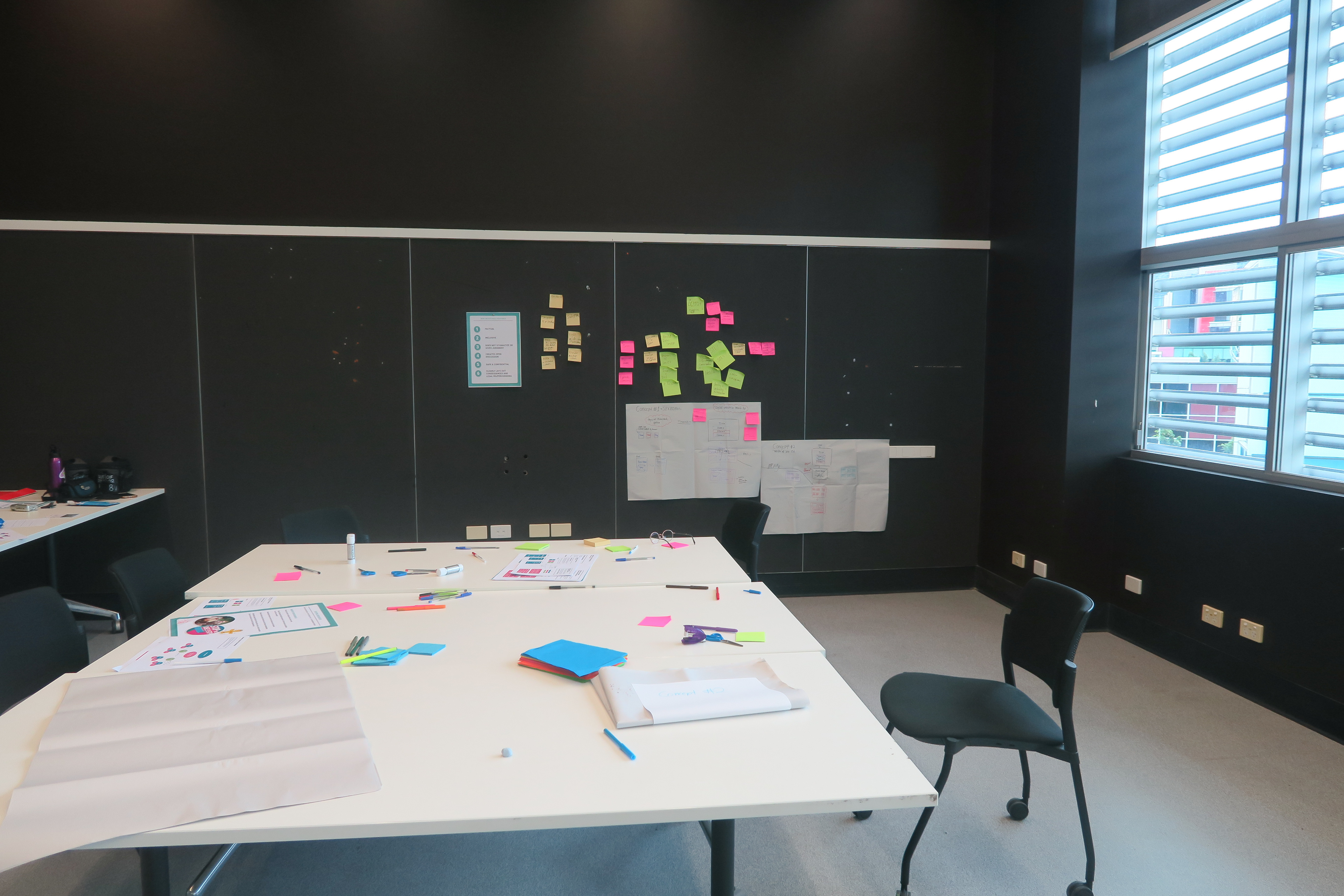
Above are images from Workshop Two. During Workshop Two participants were introduced to each concept created from data collected in Workshop One. These concepts were either discarded or compiled into one final design concept. The final concept was an educational website that discusses factually a range of sexual health and identity topics through both written and video format (view image below). From this, three visual directions of this concept (based on data collected from Workshop Two) were designed, before being tested remotely by participants.
Final co-designed concept mock-up
Low fidelity prototypes of potential visual aesthetic options for user testing.

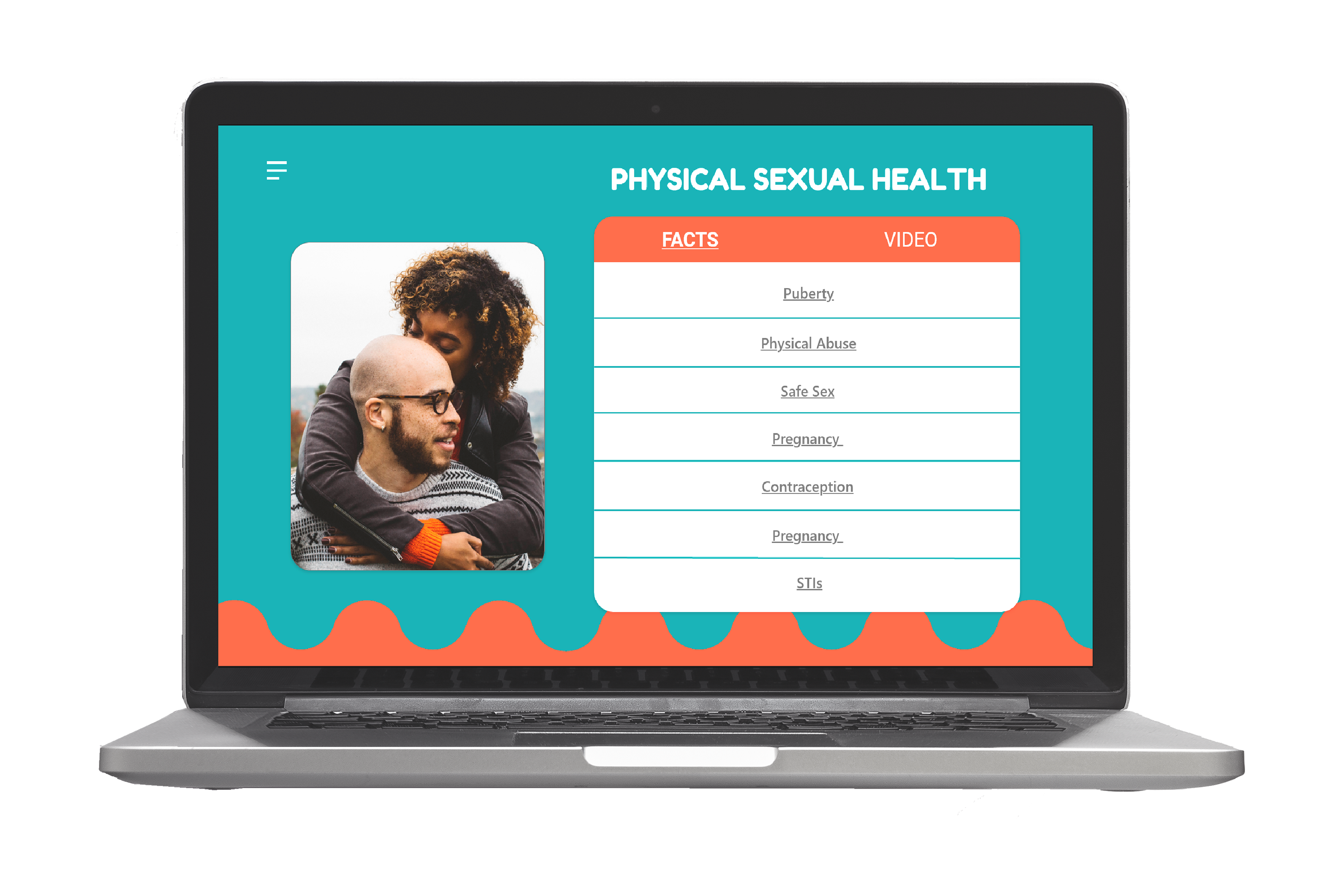
Final designs based on user testing feedback.
Walk-through video of final co-designed outcome.
Final UI designs
The secondary design outcome of this research was an online toolkit, allowing this design process to be duplicated for future research. The website provides an outline of each workshop structure and any supporting documents that are required to re-create this process.
The purpose of this study was to create an educational resource (up until the proof of concept stage) that caters to young people's unique criteria of needs regarding sexual health educational resources. This study acknowledged that different young people have different needs based on their prior knowledge, experiences, beliefs, and preferred learning strategies. This toolkit is in response to this, allowing this process to be repeated with different groups of young people in order to develop educational resources based on their unique needs.
